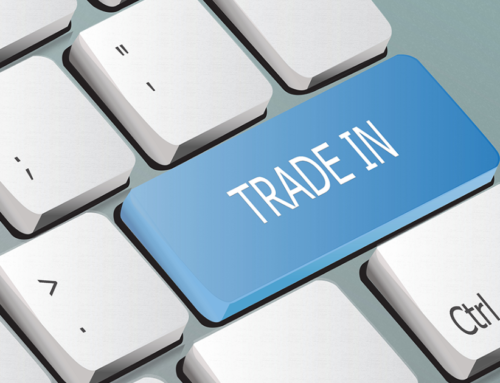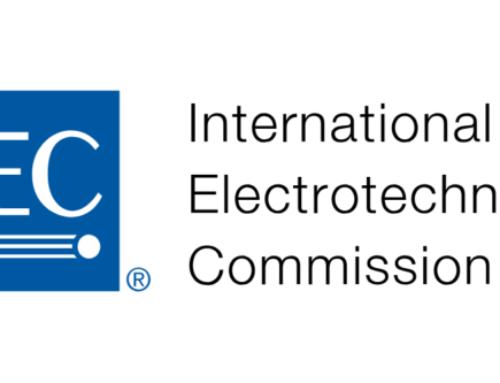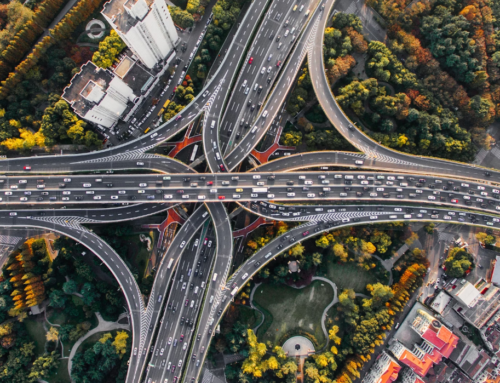On 28 February, China’s National Standardization Working Conference was held in Beijing. The conference, which was attended by Tian Shihong, Vice-Minister of State Administration for Market Regulation (SAMR) and Administrator of Standardization Administration of China (SAC), summarized the progress of standardization work in 2022 and presented the key tasks for 2023. The following is a summary of the key standardization tasks to be carried out in 2023.
- Accelerate the development of standards for emerging technologies, thus consolidating sci-tech achievements:
- Complete the system for integrating sci-tech achievements into standards: build strong links between sci-tech projects and standardization work.
- Develop standards in cutting-edge industries, such as machine tools, semiconductor equipment, etc.
- Formulate standardization plans for strategic emerging industries: promote simultaneous development of the industry with standards, carry out dedicated standardization activities for new-type of infrastructure, and facilitate the parallel standard development of new materials, new technique, and new products – domestically and internationally.
- Promote the effective connection of upstream and downstream standards of the industrial chain: stabilize the industrial chain with the help of standardization, thus solving bottlenecks along the industrial chain.
- Raise the level of industrial standardization so as to support modern industrial systems:
- Agriculture-wise. The aim is to support rural development through Specifically, China aims to build a standard system supporting the agricultural industrial chain, develop standards for improving living environment in rural areas and rural governance, as well as facilitate rural construction.
- Industry-wise. China aims to implement the project of ‘standardization of high-end equipment manufacturing’, complete the standardization system of Internet-Connected Vehicles and Artificial Intelligence, as well as develop standards in support of intelligent manufacturing, green manufacturing and service-oriented manufacturing.
- Service industry-wise. The key focus will be placed on producer services, such as cold chain logistics, digital finance; and life service industry, such as culture, tourism, sports and leisure.
- Support green development through standardization:
- Establish standard systems in support of the green transition within various industries: China will develop green-life standards to combat food waste and restrict excessive packaging for commodity It will also develop standards in support of green products, green factory, green industry parks, green finance, as well as economical and intensive use of natural resources and water intake.
- Standard development for ecosystem protection and restoration: develop standards for the prevention and control of air, soil, water, noise and solid waste pollution; develop standards for the ecological restoration of oceans and wetlands so as to improve the biodiversity, stability and sustainability of ecosystem.
- Standard application for carbon peaking and neutrality: accelerate the updating and upgrading of standards for energy efficiency, and develop standards for carbon emission accounting.
- Develop standards for social security and safety:
- Coordinate the development of national standards for production safety: release detailed working rules, and strengthen the coordination of standardization work for production safety.
- Implement public security standards: develop and revise the standards for dangerous chemicals, emergency management, special equipment, and raise the standard level of personal protective equipment.
- Complete social governance standards: develop and revise standards for social security, criminal law enforcement, forensic science, forensic identification and evaluation, etc.
- Complete the cybersecurity standards system: develop national standards for the security of critical information infrastructure, data security of smart televisions, and personal information protection; effectively respond to the new situations and threats arising in the field of cybersecurity
- Strengthen the supply of standards in areas related to people’s well-being, in order to improve the quality of life:
- Supply standards for the seniors and juniors: carry out standardization activities for senior care and housekeeping, develop service standards in support of travel and consumption activities of the elderly, accelerate the development and revision of compulsory standards for kids’ furniture and toys.
- Supply standards for public services: carry out a dedicated project for the establishment of a standards system for public services, as well as publicize the standards of government review and approval, government affair services, community governance.
- Supply standards for health and medicines: accelerate the development and revision of traditional Chinese medicine clinical standards, standards for new-type of medical apparatus and instruments, and standards for rehabilitation devices.
- Upgrade consumer goods standards: promote the alignment of domestic standards with international standards, develop graded standards for commodity goods quality, and accelerate the formulation of food quality standards in functional food.
- Highlight international cooperation on standardization so as to steadily expand the systematic openness of standards:
- Deeply engage in international governance: send more Chinese experts to relevant international organizations.
- Develop more international standards in the field of digital technology, brain-computer interface, carbon emission, and carry out research in international standards of meta universe, sustainable electrified transportation.
- Proactively carry out bilateral and multilateral international cooperation on standards: communication over standards with other BRICS countries (Brazil, Russia, India, South Africa), deepen standardization cooperation in Northeast Asia, Asian-Pacific region and develop reciprocal cooperative partnerships.
- Consolidate and establish communication and cooperation relationships on standardization with countries of the Belt and Road Initiative: convene high-level international conference over standardization and devote more efforts in foreign language translation of China’s national standards.
- Deepen the reform and innovation of standardization so as to stimulate the endogenous development impetus of standardization:
- Raise the level of scientific governance of standardization: strengthen research on basic theories, improve the quality of standards, shorten the development and revision period, strengthen the regulation and governance of sectoral standards and local standards.
- Promote the innovation and development of regional and local standards: explore ways to establish coordinating and promotion working groups for regional standardization in Yangtze River Delta, and promote pilot trials of innovation and development of national standardization in Shanghai, Shandong Province, Zhejiang Province, Heilongjiang Province.
- Continue to unleash market-driven forces in standardization: organize and carry out graded incubation of innovative enterprises that position the integration of sci-tech innovation and standardization as their core competitiveness, carry out enterprise standard “Front-runner” projects and standard benchmarking governance, and develop a batch of quality association standard development organizations.
- Strengthen implementation and supervision: research and establish systems for statistical reporting and analysis of the implementation of mandatory national standards, research and develop guiding opinions on strengthening the implementation and supervision of standards, and promote the establishment of a national database on implementation of standards.
- Improve the work system of standardization and constantly consolidate the development foundation for standardization:
- Improve standardization systems and mechanisms: accelerate the revision of the Administrative Measures for Sectoral Standards and the Measures on Promoting Enterprise Standardization, and establish financing and credit systems for standard development.
- Establish a batch of technical organizations for emerging technology integration and green & low-carbon development: promote the construction of national quality standard laboratories and national technical standard innovation bases.
- Reinforce the cultivation of professionals: make plans for dedicated actions on cultivating talents, promote the construction
- Strengthen the awareness-raising and education of standardization: carry out training sessions on standardization, prepare a good narrative of standards, and create a favorable atmosphere of “learning standards development, organizing standards training, applying standards, and complying with standards”.




